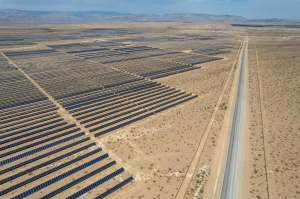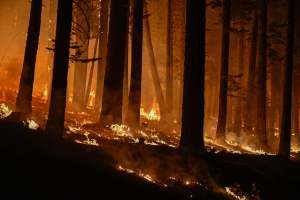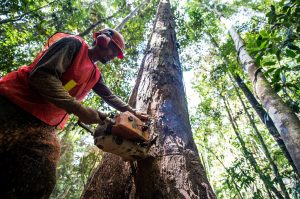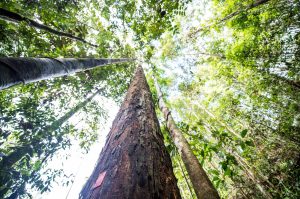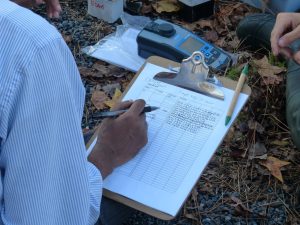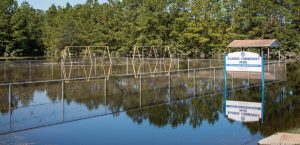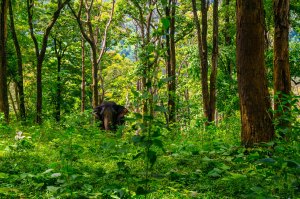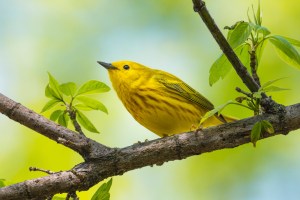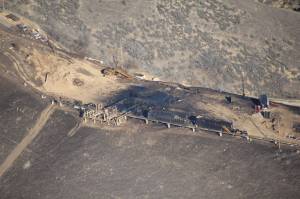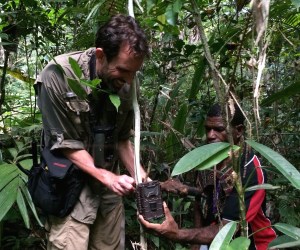Discover stories in NatureNet Fellows
Solar’s Hidden Footprint: Why Accurate Land Data Matters for Conservation
New research reveals solar datasets underestimate land use by up to 34%, masking habitat loss in natural areas.
Forest Management Can Keep Carbon in Forests and Protect Communities from Wildfire in the American West
The U.S. is investing billions of dollars to reduce forest fire risks. New research maps the hot spots where investments in strategic forest management could offer the biggest payoff for people and climate.
Listening to Forests After Logging
New research from Borneo shows that the soundscape of a forest changes significantly following selective logging.
When Logging Stops, Does Biodiversity Benefit?
Protecting logging concessions could be a valuable tool for biodiversity conservation.
Advice for Scientists Who Want to Practice Science for Impact & Influence
By scientists for scientists: a set of practical steps scientists can take to increase the odds their research will reach decision makers who could use it.
Science for Evaluating Flood Risk + Improving Community Resilience
A new study examines flooding from Hurricanes Matthew and Florence and finds current hazard maps are inadequate for accurately assessing flood risks and protecting communities in North Carolina.
Co-Benefits for Biodiversity & Carbon in Remnant Forests
New science shows that remnant forests with the greatest tree-species richness also store the most carbon, creating a potential win-win for protecting biodiversity and reducing global carbon emissions.
Biodiverse Forests Capture Carbon Better Than Plantations
New science shows that diverse natural forests with a mix of tree species provide more stable and reliable carbon capture than monoculture plantations in the long run.
Emerging Science Explores Ways to Help Make Green Energy Tech Greener
TNC NatureNet Science Fellow Robert Higgins describes an environmentally friendly way to extract the rare-earth minerals that are critical to green energy technologies, from wind turbines to hydrogen-powered cars.
Can Migrating Birds Adapt To Climate Change?
Migratory birds are facing changing insect hatches and tree blooms. How can they adapt? And how can you help?
Remember That Catastrophic Natural Gas Leak in California? Yeah, That Could Happen Again
New research finds 1 in 5 active underground natural gas storage wells in the U.S. could be vulnerable to large-scale accidental releases, like the one at California's Aliso Canyon well field in October 2015.
7 Science Innovations That Are Changing Conservation
To solve the world’s most pressing conservation problems, scientists are looking to drones, nanotechnology, microbes and even pasta makers.
